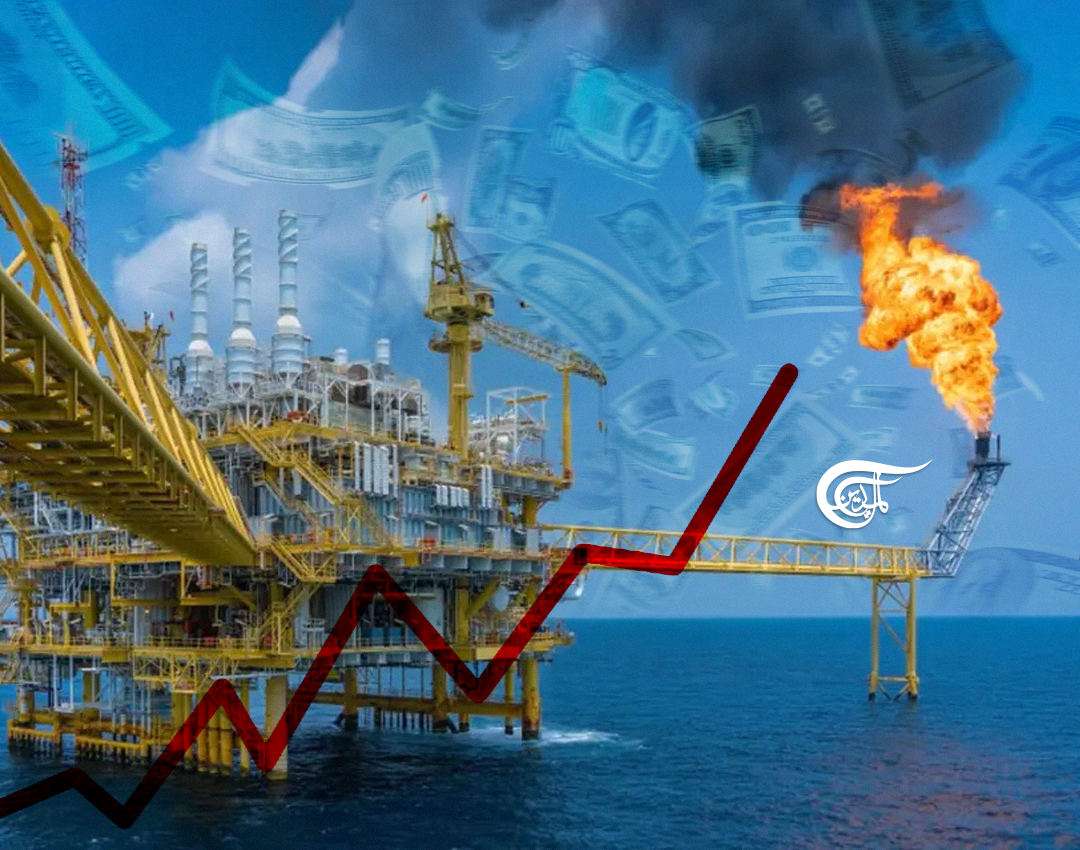Emerging Global Energy Crisis May Precipitate a Tsunami of Petrodollars
If the energy-rich states do indeed follow their previous patterns of behavior, it will mean a continuation of the economic and financial status-quo around the world with deepening levels of economic inequality and uneven development
The gradual transformation of the global energy system, coupled with the continuous economic shocks of the pandemic-induced collapse have conspired to create a worldwide energy crunch the likes of which have probably not been seen since the oil shock of 1973-74.
With the slow-motion collapse of the Chinese real estate giant Evergrande and rolling blackouts worsening throughout the PRC and EU, energy exports are falling woefully behind the skyrocketing demand.
Consequently, oil prices have spectacularly rebounded from their 2020 collapse and will likely end in 2021 in the region of $90 USD per barrel. More crucially however will be the demand for natural gas which is intended to fill much of the gap left by the abandoning of coal-fired power generation.
Being significantly less polluting than coal or oil, natural gas is being adopted in many economies as a bridging fuel to hydrogen gas, which can be distributed using the same infrastructure.
As these compounding sources of economic crisis pile up, the world finds itself staring down the barrel of another debt crisis with many of the world’s poorest economies in danger of collapse.
As in the early-mid 1970s, the only countries likely to be happy about this situation are the energy producers who are already raking in revenues from natural gas as they were with oil in decades gone by. We will likely see yet another explosion of energy surpluses held by the OPEC countries and a reasonable case could be made that they will be used in the same way past petro-surpluses were.
Petrodollars and a new economic model
The year 1971 marked the end of the convertibility of the US dollar into gold, an arrangement in place since the end of WWII. American spending at home and abroad, particularly on the Vietnam war was undermining its credibility as the world’s reserve currency.
Shortly thereafter came the so-called ‘petrodollar system,’ whereby all OPEC member states agreed to receive only US dollars as payment for their energy exports. The new arrangement made a dramatic debut in 1973-1974 when the oil cartel, led by the Arab states dramatically cut its production and boycotted sales to the US, ostensibly for its support to "Israel" in the 1973 war with Egypt and Syria.
While paraded in the media as evidence of Arab self-determination and influence, the oil boycott largely served to create much of the modern American-dominated global financial architecture. The US economy was only moderately affected in comparison to Western Europe and Japan whereas most of the Global South was economically devastated by such a drastic increase in energy costs.
Meanwhile, the OPEC states almost overnight were accumulating hundreds of billions of US dollars which were then duly invested in US Treasury bonds, banks, and other western financial entities which then loaned out these deposits to countries in the South in order to pay their rapidly inflating energy bills. Naturally, these loans came along with programs for structural adjustment which produced the enduring global debt burden and rampant underdevelopment around the world.
OPEC surpluses were also put to work paying for enormous infrastructure projects, carried out principally by US contractors, as well as gargantuan arms deals. Thus was born the process known as ‘petrodollar recycling’ which continues in various forms to this day.
As well as being used to deal out mountains more debt to the South in exchange were further economic liberalization, these currently accumulating energy revenues could conceivably play a role in president Biden’s ‘Build Back Better World’ initiative, the rival Western investment campaign to China’s ‘Belt and Road’ program.
As the property sector, and by extension the Chinese economy, slows down the leading states of the global economy will be anxiously looking for a new source of growth to keep the system afloat. An even greater property boom in the Middle East and/or in neighboring regions does not seem far-fetched as a means to keep the machine running.
If the energy-rich states do indeed follow their previous patterns of behavior, it will mean a continuation of the economic and financial status-quo around the world with deepening levels of economic inequality and uneven development. It is also worth noting that not long after the first wave of petrodollar recycling, one of the West’s key mechanisms for this process, the Shah of Iran was overthrown by mass discontent. That too offers lessons about what will result from the ongoing Euro-American exploitation of the world.

 Samuel Geddes
Samuel Geddes
 5 Min Read
5 Min Read










